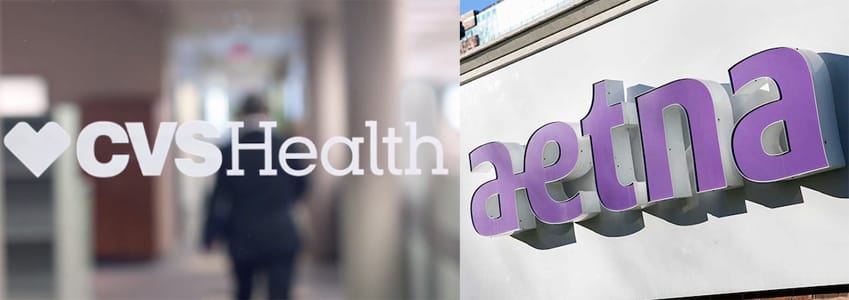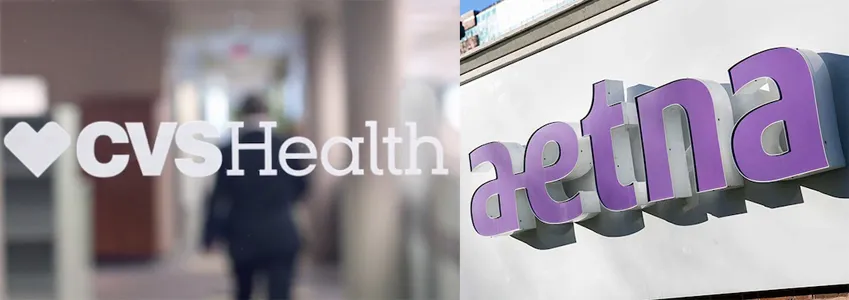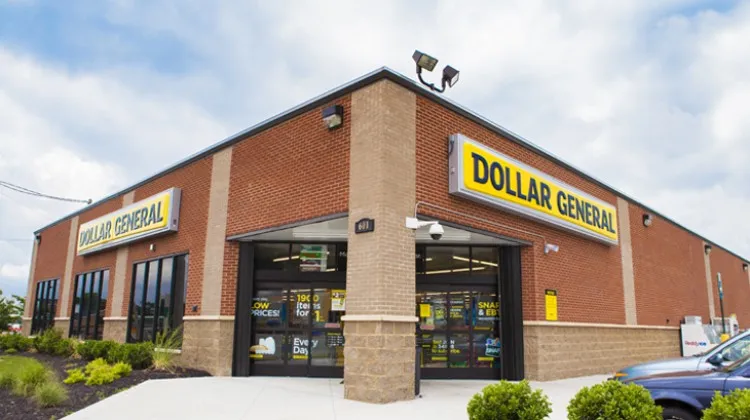
WOONSOCKET, R.I. — Shareholders of CVS Health voted overwhelmingly to approve the company’s $69 billion deal to acquire health insurer Aetna Inc.
CVS said that in a special stockholders meeting on Tuesday, more than 98% of shares were voted in favor of the CVS-Aetna merger agreement, which was announced in early December.
Also at a special shareholders meeting on Tuesday, more than 77% of Aetna stockholders voted in favor of the merger deal. The agreement has already been approved by the boards of both companies.
Pending regulatory approvals and other customary closing conditions, the transaction is slated to close in the second half of this year.
“When this merger is complete, the combined company will be well-positioned to reshape the consumer health care experience, putting people at the center of health care delivery to ensure they have access to high-quality, more affordable care where they are, when they need it,” CVS Health president and chief executive officer Larry Merlo said in a statement.
Under the terms of the CVS-Aetna merger pact, Aetna shareholders will receive about $207 per share, including $145 in cash and 0.8378 CVS shares for each Aetna share. Including the assumption of Aetna’s debt, the total value of the transaction is $77 billion.
CVS shareholders would own about 78% of the combined company and Aetna shareholders would own roughly 22% when the transaction is finalized.
Plans call for three of Aetna directors, including Aetna chairman and chief executive officer Mark Bertolini, to join to the CVS Health board of directors. The companies said Aetna will operate as a stand-alone business unit within CVS Health and be led by members of its current management team, with Aetna executives slated to play key roles in the combined organization.
“The combination of CVS Health and Aetna brings together two complementary businesses with an expanded set of unique capabilities to create a new community-based open health care model that is easier to use and less expensive for consumers. We look forward to delivering more seamlessly coordinated care that ensures consumers have the essential resources to lead healthier lives for themselves and their families,” Merlo stated.
“At the same time, our company will benefit from a stronger market position, with the potential to deliver increased value through the development of innovative new products and services and generate long-term growth opportunities that help produce stronger, more consistent results for shareholders as a uniquely integrated health care company,” he added.
The CVS-Aetna merger reflects a wave of cross-segment consolidation in the health care arena — in part spurred by the needs to boost scale to better compete in the marketplace; diversify to provide more coordinated, cost-effective care; and address the potential entry of a formidable competitor, Amazon.
Last week, health insurer Cigna Corp. unveiled a $67 billion deal to acquire pharmacy benefits manager Express Scripts, the chief rival of CVS Health’s Caremark PBM division.
For Cigna and Aetna, the decision to merge with a PBM came after unsuccessful deals to combine with fellow health insurers Anthem Inc. and Humana Inc, respectively. Both Cigna and Aetna aim to expand their health benefits and services and build scale to better compete with UnitedHealth Group, the largest U.S. health insurer, whose units include PBM OptumRx and health care clinics.
Meanwhile, Amazon has made a number of moves that have retail pharmacy operators and other health care stakeholders watching closely.
At the end of January, the online retail giant announced a partnership with Berkshire Hathaway and JPMorgan Chase to form an independent health care company to provide their employees accessible, affordable and quality care. Published reports also have said Amazon has obtained licenses for durable medical equipment — though not prescription drugs — in a number of states. And quietly this past summer, Amazon has made an own-brand foray into the over-the-counter health products market with the rollout of a line called Basic Care.









